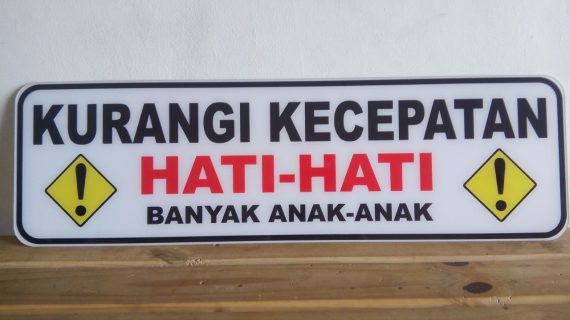Both mari and ayo are interjections used to invite or urge someone to do something—similar to the English “come on.”
The difference between them is subtle, but ayo carries more force. If you want to speak with emphasis, use ayo:
Ayo, bangun, sudah siang ni.
Come on, wake up, it’s already late.
Ayo masuk!
Come on in!
If you replace ayo with mari, the tone softens:
Mari masuk!
Please come in!
You can also use mari on its own. For example, when getting out of a taxi, it is common to thank the driver and say:
Mari, Mas.
(Mas is like “Sir,” but less formal than Pak.)
Here, mari functions as “goodbye.” The driver will often reply with mari as well, meaning both “you’re welcome” and “goodbye.”
If someone says Terima kasih, Pak (“Thank you, Sir”), you can reply with:
-
Sama-sama
-
Kembali
-
Mari, sama-sama
-
Or simply Mari
Although textbooks may teach you that selamat tinggal (when you are staying) and selamat jalan (when you are leaving) are the equivalents of “goodbye,” in everyday life these phrases are usually reserved for long farewells—such as when someone is departing on a journey—not for casual goodbyes.
So next time you part ways, try saying mari. You’ll almost certainly receive a friendly mari in return.
Other common ways to say goodbye include:
-
Sampai jumpa – See you
-
Sampai jumpa lagi – See you again
-
Sampai bertemu lagi – Until we meet again
-
Dah – Bye-bye (from Dutch daag, informal)
-
Dadah – Bye-bye (very informal, mainly used by or with children)
-
Bai – Bye-bye (very informal, from English)
There is also a very popular song by the Indonesian pop band Koes Plus. Enjoy:
Berterus terang oh
Jangan lewat oh
Pintu belakang
I know the sharpness of your glance
But I don’t know what’s in your heart
What it is, I don’t know
But I feel a little shy
Will this really happen?
Yet I don’t understand
Be straightforward, oh
Don’t go through, oh
The back door


